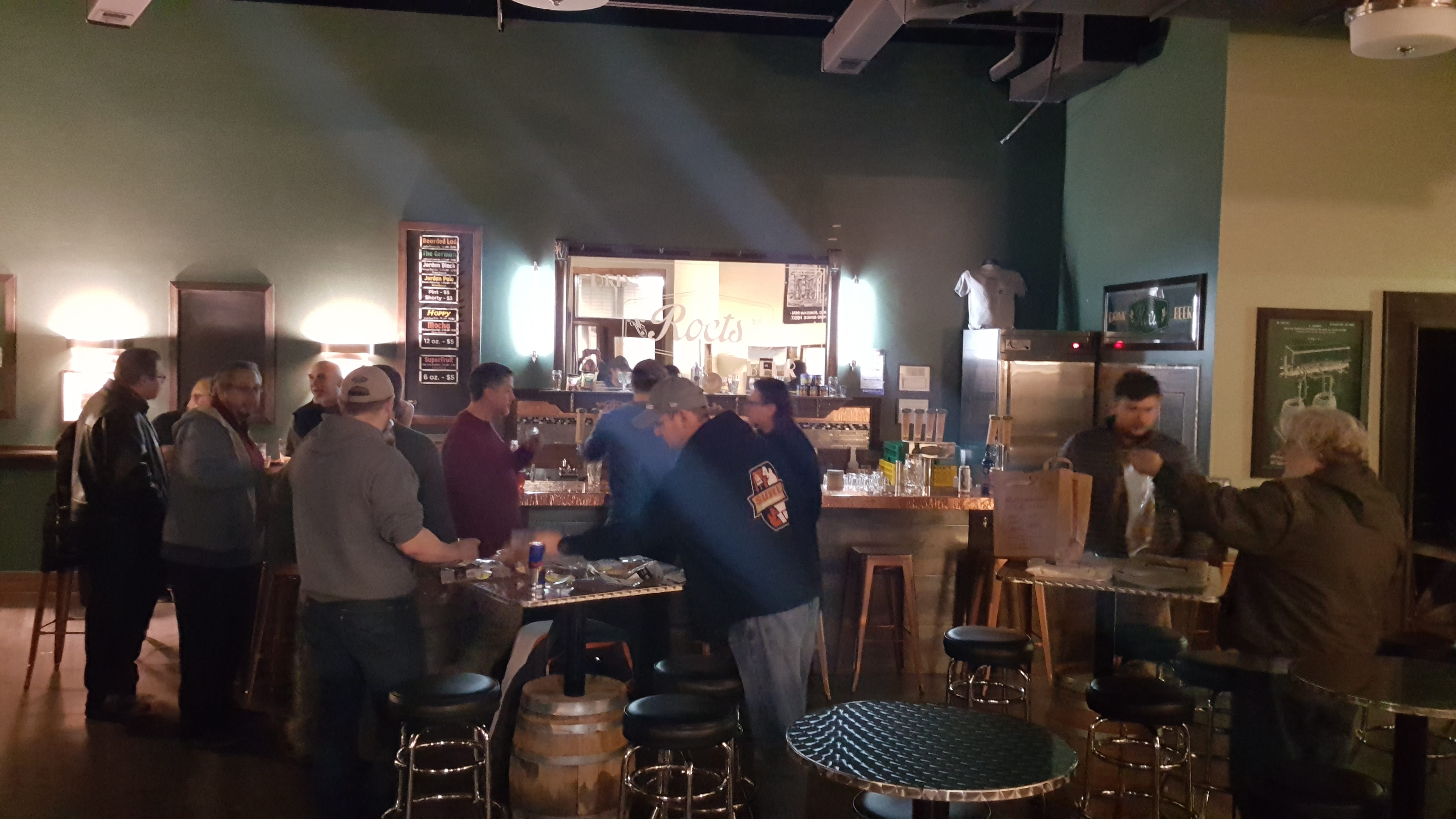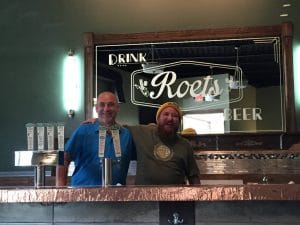So you’re a homebrewer living in a rural area or a smaller suburb. There’s a homebrew club in a bigger city, but it’s a long drive and your busy schedule makes travelling a challenge. Still, you have a keen desire to meet other homebrewers, share experiences and talk about your favorite hobby. What to do? Try teaming up with a local brewery and start your own.
There are now over 5,000 breweries in the United States. Most of these are small local or regional craft breweries. Chances are one is near you. Chances are the proprietor started out as a homebrewer. Chances are they’d love to help you start a homebrew club.
Small local breweries know that homebrewers compose one of their key demographic customer bases and will be eager to strengthen ties to their community. A local brewery can serve as the perfect meeting place and they’ve got beer!
A group of homebrewers in the small rural town of Jordan, MN did just that when a brewery opened in the city late last year. Tim Roets, owner and head brewer of Roets Jordan Brewery explains, “As a homebrewer gone pro, things I learned from my involvement in local homebrew clubs and entering contests were instrumental in our decision to open. We have been co-hosting a BJCP contest for several years since we have been working professionally. We had strong community participation in the period leading to our opening, and many of our supporters were homebrewers. I always give homebrewers two bits of advice – join a homebrew club and enter BJCP-sanctioned contests for the feedback and tasting experience.”
Professional brewers have contacts that the average individual may not and resources that they can draw on for support. When the Jordan Homebrew club had their second meeting at the brewery, Tim contacted some of his friends in other local clubs to come down to share information and personal experience from how their homebrew clubs worked to help them get started. With that kind of head start the brand new club quickly got registered with the AHA and were brewing batches together within only a couple of months after forming.
However, Tim does caution that depending on the type of building, brewery labor scheduling and local laws, it may not be possible for some breweries to host meetings. He says, “Finding a venue that allows the serving of homebrew is a challenge for many homebrew clubs. I can’t do it during business hours. This is an issue with most of the larger clubs. Don’t hold it against your local brewery of they can’t handle a club logistically and still run their business.”
He also feels that it is important that a club be inclusive, active and focused on making everyone’s beer better. “If possible, they should be involved in local contests and education like brewery tours, club test brews and sensory/BJCP training. A balance of the more technical meetings and fun field trips mixes it up and adds camaraderie to the group.”
When forming a new homebrew club, it can be a challenge to balance the goals of the advanced homebrewers with the developmental needs of newer brewers. By making sure questions are asked and answered with a spirit of community support, everyone will become better brewers. Don’t let a lack of a local homebrew club stop you from taking your homebrewing to the next level. It’s a homebrewed land and your club is waiting.



